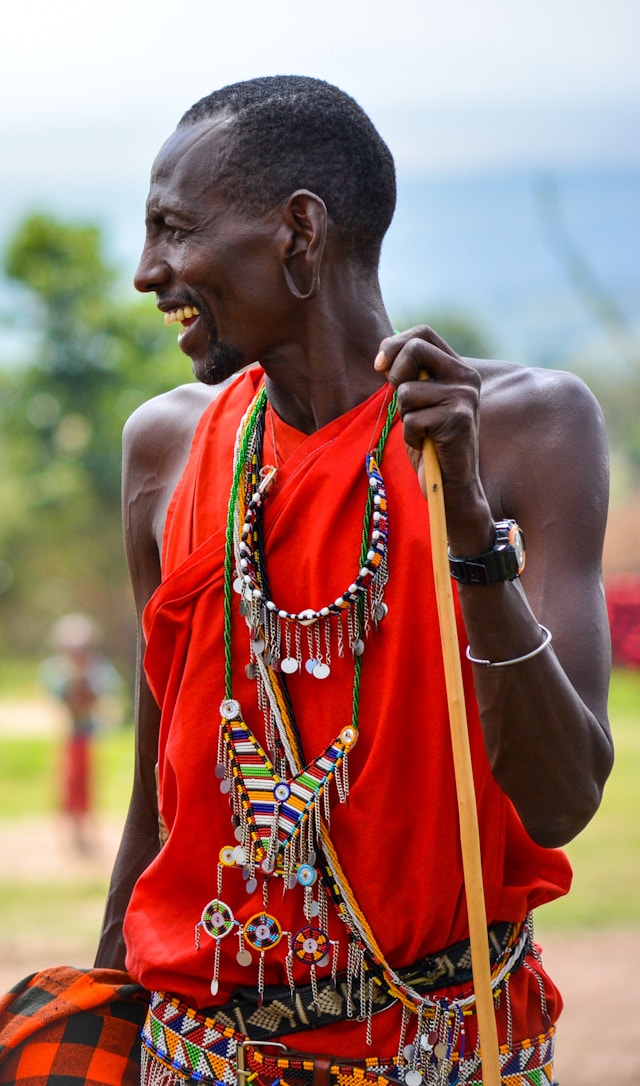

An Indian Traveler’s Ultimate Guide to Travel to Kenya
Whenever I’m asked about my favorite country among all the places I’ve traveled to, my answer is always quick and unwavering: ‘Kenya’.
Back in 2019, I had the chance to spend a month in Kenya volunteering at a childcare center in Kikuyu, a small neighborhood on the outskirts of Nairobi. That experience opened my eyes to the richness of Kenya beyond its famous national parks and the Big 5.
It was a time that shifted my perspective on life and taught me that Kenya has so much more to offer, with its vibrant culture, warm-hearted people, and inspiring landscapes. Needless to say, from the iconic Great Migration in the Maasai Mara to the sun-kissed beaches of the Indian Ocean, Kenya promises unforgettable experiences for travelers.
Here’s Your Guide to Plan an Epic Trip & Travel to Kenya
If you’re planning a trip to Kenya, make sure to bookmark this travel guide because I’m going to share all the essential information you need to know about traveling to Kenya from India, including visa requirements, vaccination details, health and safety concerns, and more.
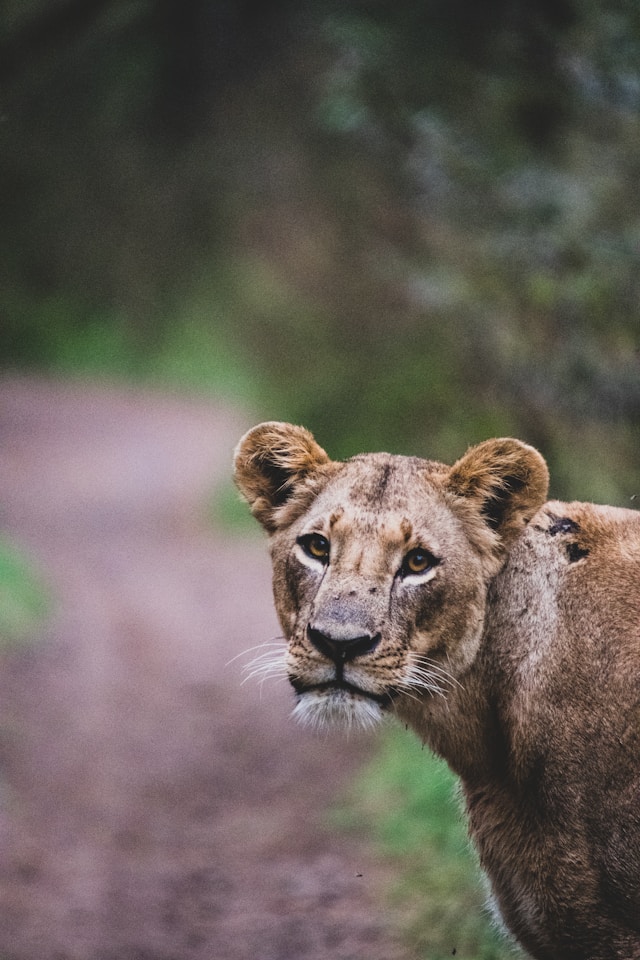
Why should you travel to Kenya?
From the sweeping savannas teeming with some of the planet’s most incredible wildlife to the lively urban centers bustling with energy, Kenya is a place that has it all.
The country is best known for its extraordinary safari experiences, including the world-famous wildebeest migration—a natural spectacle that’s considered one of the Seven Natural Wonders of the World. Kenya’s numerous wildlife reserves and national parks provide a unique opportunity to witness a diverse range of animals up close, all while supporting their conservation and protection.
Beyond the safaris, Kenya is also a paradise for nature lovers and adventure seekers. The country’s seven majestic peaks, crowned by the mighty Mount Kenya, attract hikers and explorers from all over the globe.
If you’re interested in history, Kenya offers a glimpse into humanity’s origins at the National Museums of Kenya, often referred to as the ‘cradle of mankind.’ It’s a chance to explore our shared past in a place where some of the earliest evidence of human life was discovered.
And then there are the cities. From the dynamic streets of Nairobi to the serene shores of Lamu and the vibrant port city of Kisumu on the edge of Lake Victoria, Kenya’s cities are as diverse as they are exciting. Each offers a unique blend of modern life, history, and culture.
What truly sets Kenya apart, however, is the warmth and hospitality of its people. Travelers are often struck by the genuine friendliness and generosity of Kenyans, making every traveler feel welcome and at home.
Whether you’re seeking thrilling wildlife encounters, breathtaking landscapes, rich cultural experiences, or simply a warm smile from a friendly local, Kenya promises an unforgettable journey that will leave you with memories to last a lifetime.
How do you travel to Kenya from India?
Traveling from India to Kenya is relatively straightforward and involves planning around flights, visas, and health requirements. Here’s everything you need to know about traveling to Kenya from India:
1. Flights from India to Kenya
Major Airports and Airlines:
- The most popular route from India to Kenya is via direct flights from major cities like Mumbai, Delhi, and Bangalore to Nairobi’s Jomo Kenyatta International Airport (NBO).
- Direct Flights: Kenya Airways, IndiGo, and Air India offer direct flights from Mumbai to Nairobi, making it the fastest and most convenient option.
- Connecting Flights: If you’re flying from other cities or prefer more flexible schedules, airlines like Emirates, Qatar Airways, Ethiopian Airlines, and Etihad provide connecting flights through their respective hubs (Dubai, Doha, Addis Ababa, and Abu Dhabi).
Flight Duration:
- Direct Flights: Typically, it takes around 7 hours from Mumbai to Nairobi.
- Connecting Flights: These can take anywhere from 10 to 15 hours or more, depending on the layover duration and location.
Cost of Flights:
- The cost of flights varies based on the season, how early you book, and the airline. On average, round-trip tickets can range from 35,000 INR to 60,000 INR for economy class, while business class tickets can go upwards of 1,00,000 INR.
Booking Tips:
- Book your tickets at least 2-3 months in advance to get the best rates.
- Use flight comparison websites like Skyscanner or Kayak to find the best deals.
- Consider booking direct flights if you’re looking for convenience and saving time.
2. Visa Requirements for Kenya
- Application: You can apply for an eTA online. You can apply up to 90 days before your travel date, but it’s recommended to apply at least two weeks before departure.
- Documentation: You’ll need to provide your passport and other documents depending on the type of visa you’re applying for.
- Processing: Most applications are processed within three days.
- Validity: The eTA is only valid for a single entry unless you’re visiting certain countries immediately after Kenya and returning within a certain time frame.
- Cost: The cost of the eTA is USD 32.50 (2,700 INR), plus bank and processing fees.
- Entry requirements: You’ll also need to have a yellow fever vaccination and documented proof of it.
3. Vaccinations and Health Requirements
Mandatory Vaccinations:
- Yellow Fever: This vaccination is mandatory for Indian travelers. You must get vaccinated at least 10 days before your travel date and carry the Yellow Fever vaccination certificate, as it will be checked upon arrival in Kenya and also during your return to India.
Recommended Vaccinations:
- Typhoid: Especially important if you plan to explore remote areas or try street food.
- Hepatitis A and B: These vaccinations are advised for all travelers.
- Tetanus: Make sure your tetanus shot is up-to-date.
Malaria Precautions:
- Kenya is a malaria-prone country, especially in regions like the coast and near Lake Victoria. While Nairobi and high-altitude areas are relatively safe, it’s best to take anti-malarial medication like Malarone or Doxycycline, starting a few days before your trip and continuing for a week after your return.
4. Travel Insurance:
Although not mandatory, I would highly recommend you get comprehensive travel insurance that covers medical expenses, flight cancellations, and other unexpected events. This provides peace of mind and protection against any unforeseen circumstances.

What is the best time to travel to Kenya?
The best time to travel to Kenya largely depends on the type of experience you’re seeking, but generally, the ideal period for most travelers is during the dry seasons:
1. For Wildlife Safaris:
The best time for wildlife safaris is during the dry seasons when animals are easier to spot around water sources and the vegetation is less dense.
- June to October: This is the peak season for safaris, especially for witnessing the Great Migration in the Maasai Mara, which typically occurs from July to October. The weather is mostly dry, making it perfect for game viewing.
- January to February: Another good period for safaris, with warm weather and fewer tourists compared to the July-October season. Wildlife viewing is excellent in parks like Amboseli, Tsavo, and Samburu.
I traveled to Kenya in March when the weather was pleasant and perfect for game drives (the days were hot but the evenings were really nice and beautiful).
2. For Beach Holidays:
Kenya’s coastline, particularly areas like Diani Beach, Mombasa, and Lamu, is best visited during the dry season.
- December to March: The coastal areas are sunny and warm, ideal for beach activities, water sports, and enjoying the coastal culture.
3. For Hiking and Outdoor Adventures:
- January to March and June to October: These months offer the best weather conditions for hiking Mount Kenya and exploring the country’s highlands. Clear skies and dry trails make for a more comfortable and enjoyable experience.
What are the other important things to remember while traveling to Kenya?
When I was planning my trip to Kenya, many people warned me about safety concerns and crime scenarios. However, during my month-long stay, I didn’t encounter any issues.
That said, two fellow volunteers did have their phones stolen while exploring the Maasai market, which made me more vigilant about my belongings. Overall, Kenya is generally a safe country, but here are some tips to help you stay aware and secure during your travels.
1. Internet and SIM Cards
If you’re planning a longer stay in Kenya, getting a local SIM card is a smart move. It’ll help you stay connected, whether you need to contact your Uber driver or reach out to local contacts. Safaricom is the most popular and reliable option in Kenya. You can easily buy a SIM card right after baggage claim at the airport.
2. Awareness of Corruption
While traveling in Kenya, it’s important to be mindful of the potential for corruption, as it can be an issue. Like in many developing countries, pickpocketing can be a concern, particularly in markets and crowded areas. Additionally, when shopping, be prepared to negotiate prices, as bargaining is quite common.
3. Understanding ‘Mzungu’
You’ll likely hear the term ‘mzungu‘ quite often during your travels. It means foreigner or wanderer and is typically used to refer to anyone who doesn’t look like the local population. While it’s not usually meant as an insult, be prepared to hear it frequently, especially from children.
Just know that if someone mentions the ‘mzungu price’, it usually means they’re quoting a higher price just for tourists!
4. Cash and Payments
Since the COVID pandemic, Kenya has been moving toward a cashless economy. Many places now only accept cards or mPesa, a popular cashless payment app in East Africa.
Carrying a lot of cash might not be necessary and can make you more susceptible to pickpocketing. It’s best to use cash sparingly and rely more on mobile payments for convenience and safety.
I hope this article will help you in planning your next trip to Kenya, and if you wish to know anything specific, you can drop a comment below. Also, I’m listing down my other articles on Kenya:
A Perfect First-Timers’ Guide to Explore the Kenyan Wilderness
A Week Exploring The Best Of Kenya
Know Why You Must Travel To Kenya At Least Once In A Lifetime!
When I decided to Foster a Baby Elephant in Kenya!
13 Places You Must Visit While Exploring Kenya
A Journey Of Happiness: Volunteering Experience In Kenya
Disclaimer: This post contains a few affiliate links. If you happen to click on any of them and make a purchase, I might earn a small commission, at no extra cost to you. Just know that I truly appreciate your support if you choose to do so.



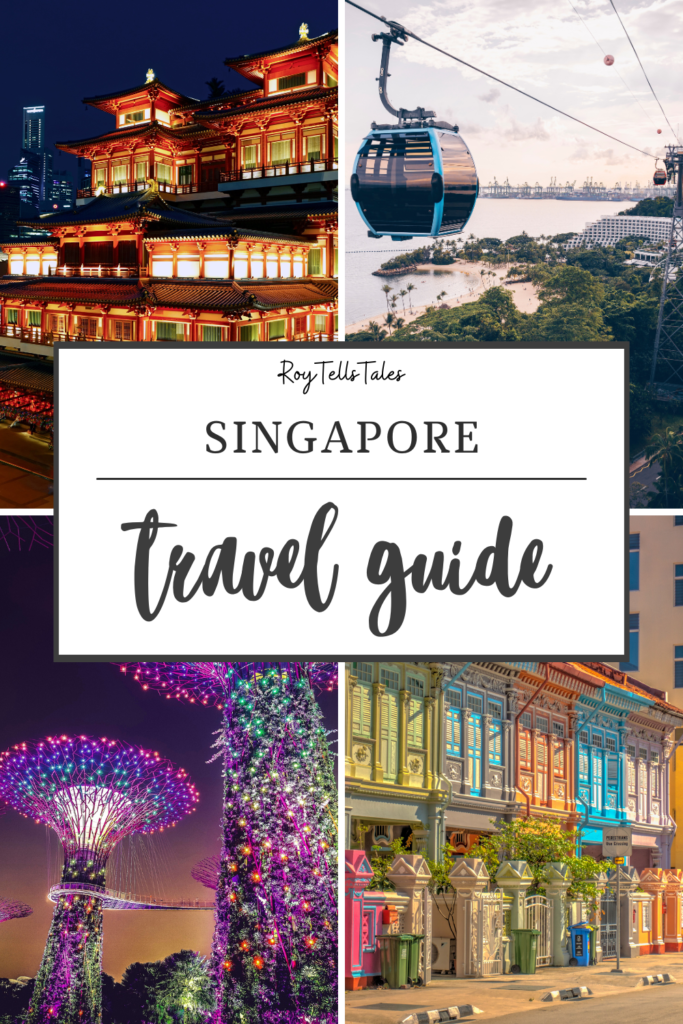
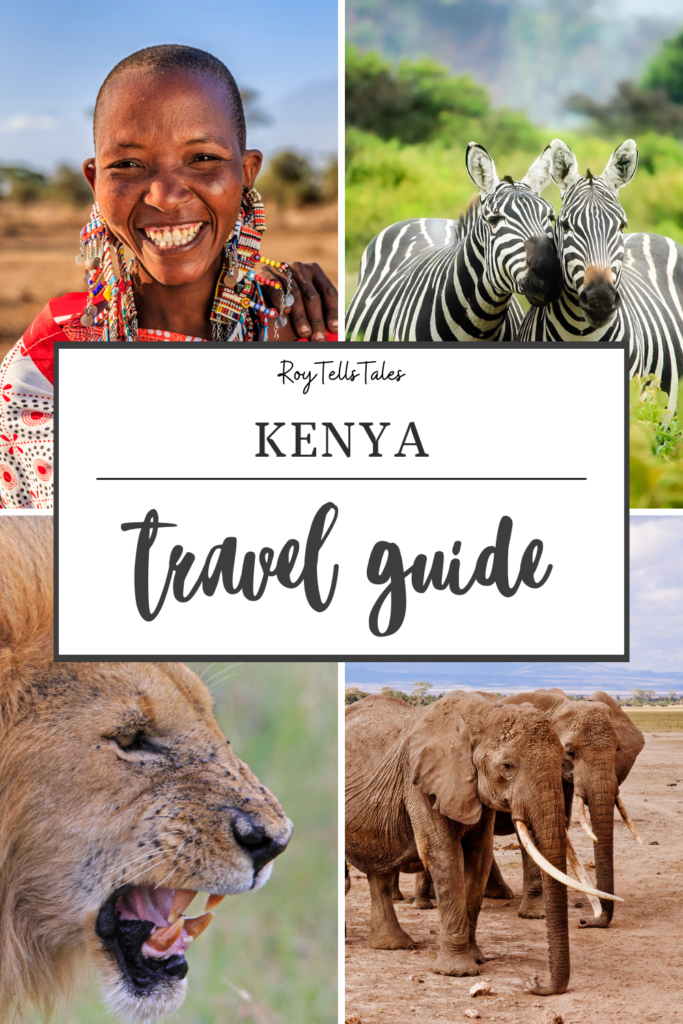
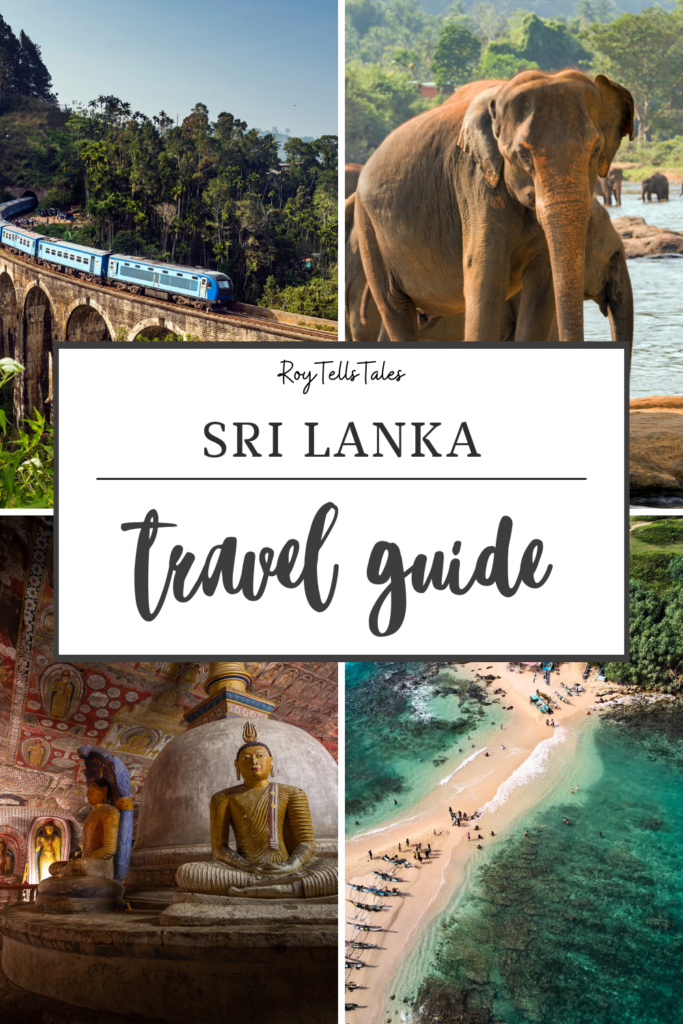
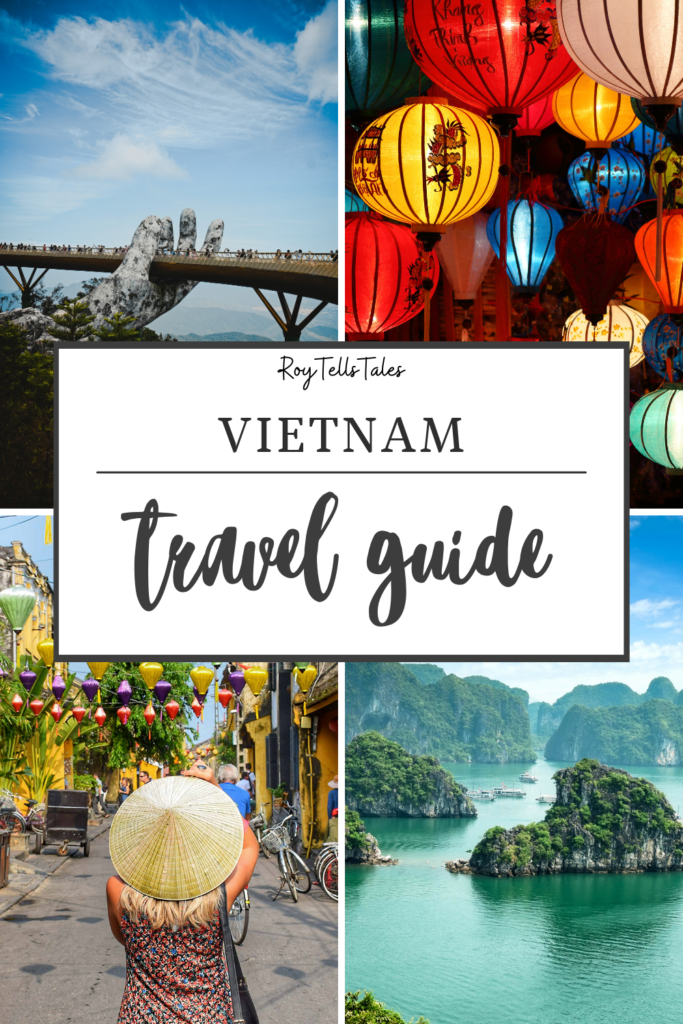
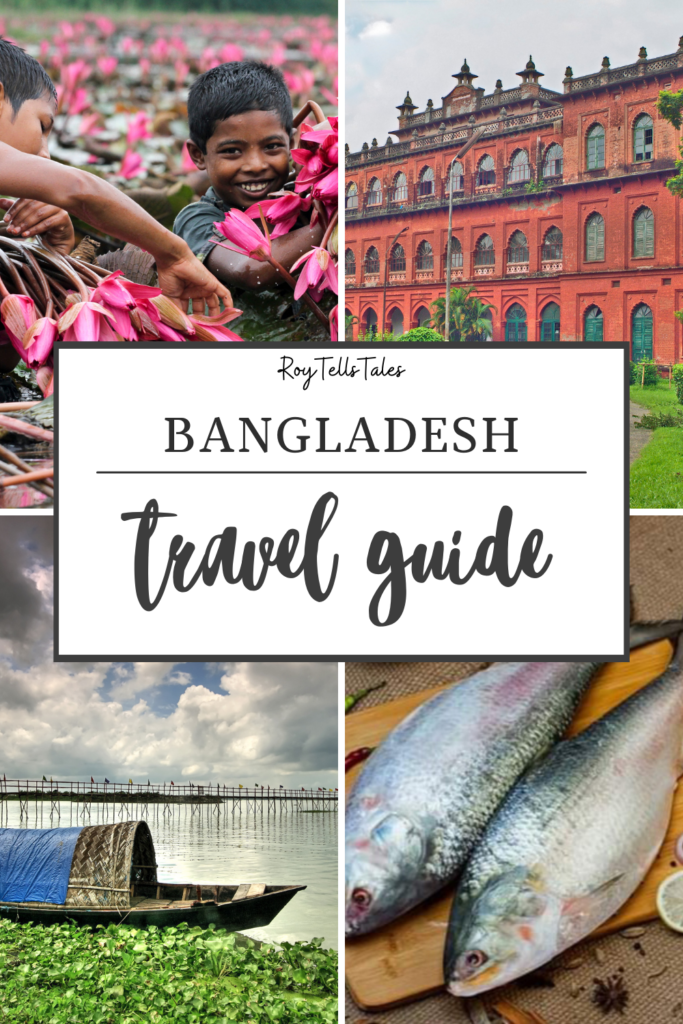
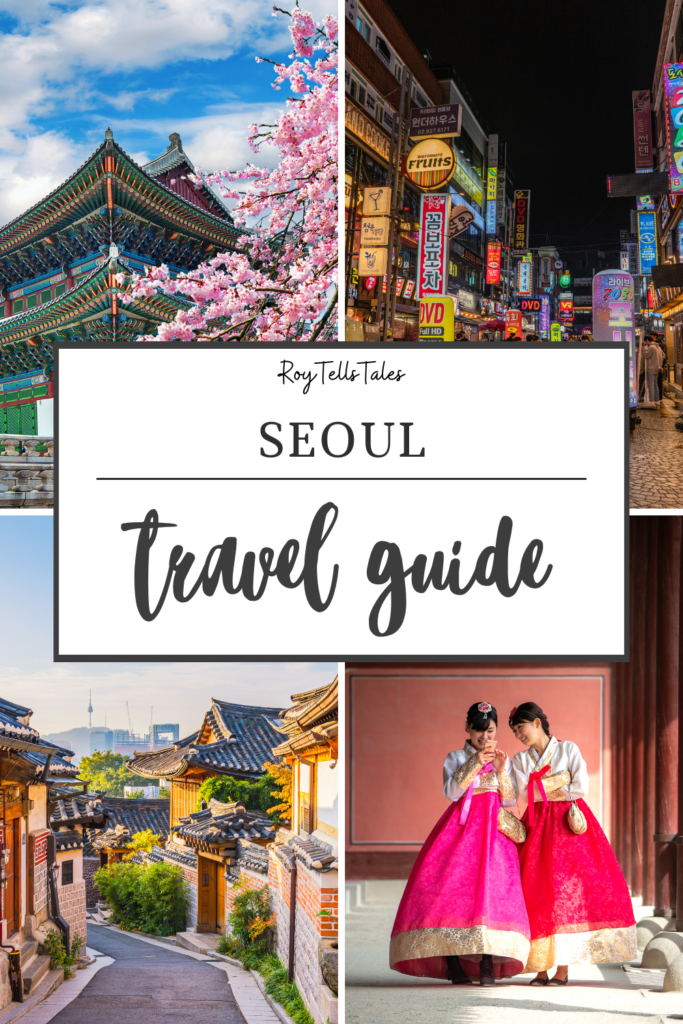








2 Comments